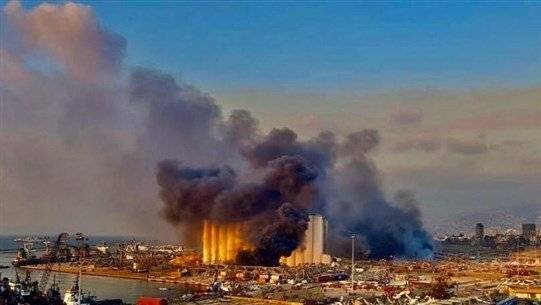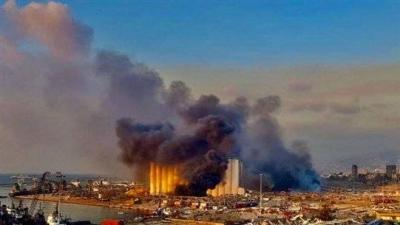Two years have passed since the explosion at the Port of Beirut, which destroyed a third of the capital and resulted in 264 martyrs and over 7,000 injured, including 300 individuals who sustained permanent disabilities. The earthquake of the century, which occurred on August 4, 2020, took place while Lebanon was enduring an unprecedented economic collapse alongside the COVID-19 pandemic, shifting the country from a painful reality to an even more agonizing one. All attempts at calming the situation and rescue efforts led personally by French President Emmanuel Macron failed, as those in power closed all avenues for solutions and tied their decisions to known unknown entities, reversing the functions of the state.
However, the most devastating aspect over these two years has been that investigations are stalled, with investigative judge Tarek Bitar, who took over the file from his predecessor Judge Fadi Sawan, also becoming a victim of motions to recuse him. It remains uncertain whether he will continue his work until the issuance of an indictment or if the crime will be transferred to a court composed of former presidents of the republic and governments that have recently been formed.
Only the grain silos remain standing over the past two years, serving as a witness to the state's and its institutions' inaction, as they have yet to identify who brought the ammonium nitrate ship to the port ten years ago, for whose benefit, and how the transfer of those explosive materials was conducted, as well as who is responsible for them. However, this sole witness has begun to witness its silos collapse one after another, having grown weary of waiting, knowing that truth has not and will not emerge under the regime controlling the fate of the country and its people.




